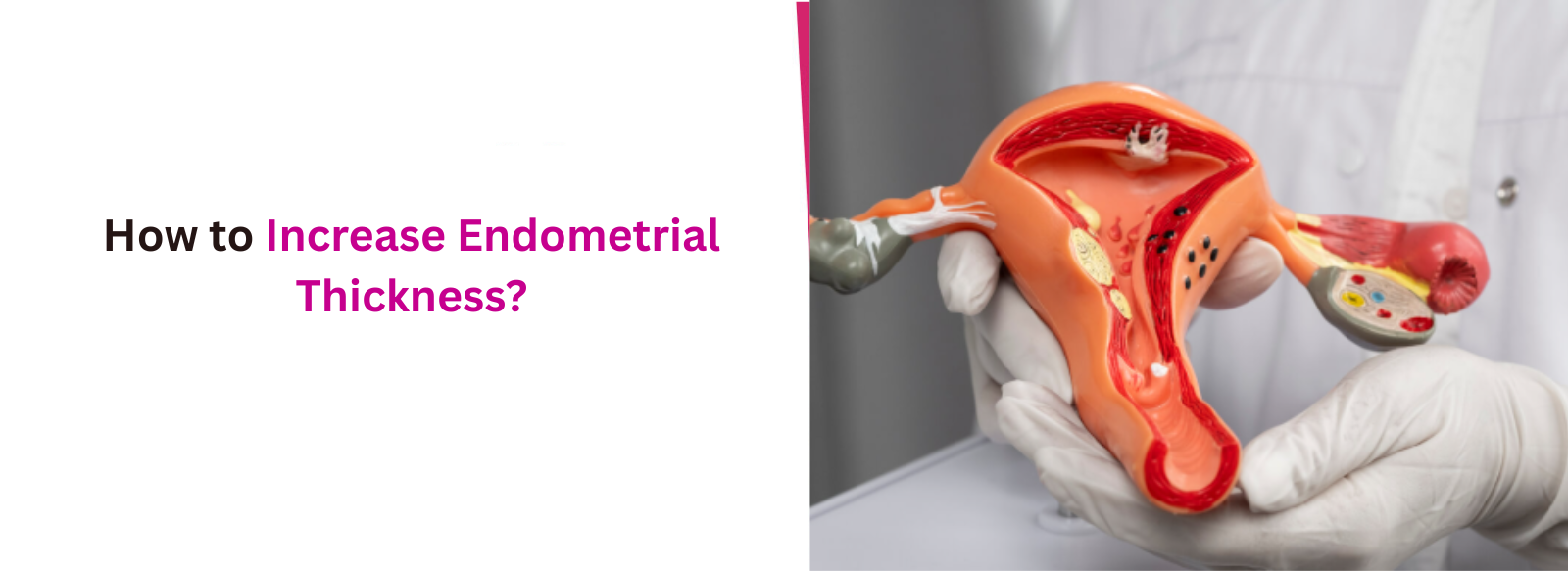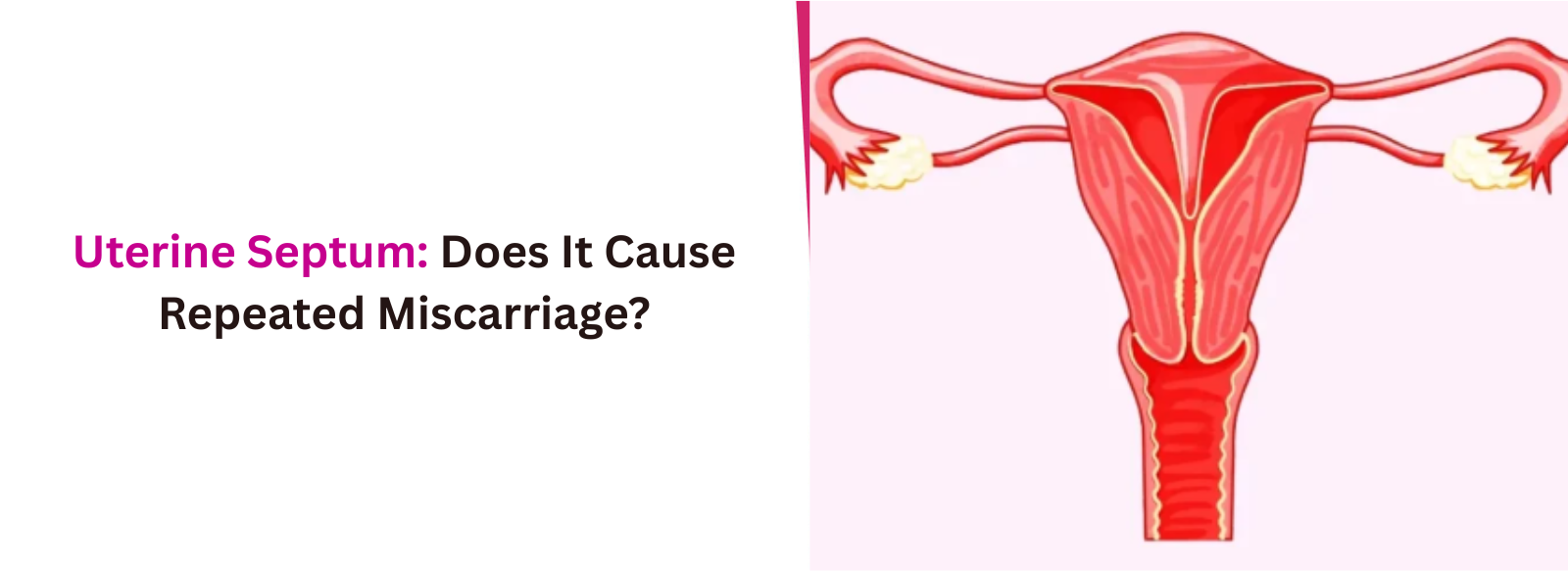Sperm DNA Fragmentation (DFI) refers to the presence of broken or damaged DNA strands within sperm cells. This fragmentation can occur due to various factors, such as lifestyle, age, and environmental influences. It is a fundamental factor in male fertility, as sperm DNA fragmentation directly impacts the sperm’s ability to fertilize an egg and support healthy embryo development.
High levels of fragmentation may lead to lower fertilization rates and increase the risk of miscarriage or developmental abnormalities in the embryo. So, the sperm DNA fragmentation (DFI) test is important in evaluating male fertility potential and guiding appropriate treatment strategies.
For individuals with moderate to high DFI, lifestyle changes, medical treatment, or assisted reproductive technologies (ART) like IVF or IUI may be recommended to improve chances of conception. Fertility specialists use DFI results to guide personalized treatment plans, addressing underlying factors that contribute to DNA fragmentation.
What is Sperm DNA Fragmentation Index (DFI) Test?
The Sperm DNA Fragmentation Index (DFI) test is a diagnostic tool used to assess the integrity of sperm DNA. This test evaluates the extent of DNA damage within sperm cells, which can affect male fertility. The DFI test plays a key role in identifying underlying fertility issues, as high levels of DNA fragmentation can reduce sperm’s ability to fertilize an egg and hinder embryo development. There are 3 main DFI testing methods:- Sperm Chromatin Structure Assay (SCSA): A flow cytometry-based test that measures DNA fragmentation by evaluating the structural integrity of sperm chromatin.
- Comet Assay: A microscopic technique where sperm cells are embedded in agarose, subjected to electrophoresis, and analyzed for DNA strand breaks.
- TUNEL Assay: This method labels DNA fragments with fluorescent markers to identify cells with damaged DNA.
Clinical Significance: Why is DFI Important?
High levels of Sperm DNA Fragmentation (DFI) are strongly linked to infertility in men. When sperm DNA is fragmented, it disrupts the sperm's ability to fertilize an egg successfully. DNA damage may reduce sperm motility, impair the sperm's structural integrity, and hinder the development of healthy embryos. Men with elevated DFI are more likely to experience difficulties in conception, either naturally or through assisted reproductive technologies (ART).- Reduced sperm motility affects movement toward the egg.
- Abnormal sperm morphology impairs fertilization potential.
- Fragmented DNA decreases the chances of successful fertilization.
- Increased DFI lowers IVF fertilization success.
- High DFI raises the risk of miscarriage.
- Poor sperm DNA integrity affects embryo quality.
Threshold Values of DFI and Interpretation
When a man’s DFI level falls within the normal range, his fertility potential is generally high, and he may not face significant challenges in natural conception. However, higher DFI levels suggest potential fertility problems. Normal vs. Abnormal DFI Levels: Table| DFI Level | Category | Implications for Fertility |
| 0% - 15% | Normal | Generally associated with good fertility potential. |
| 16% - 29% | Moderate | May cause mild fertility issues; could affect ART. |
| 30% - 39% | High | Increased risk of infertility; may require treatment. |
| 40% or above | Very High | Significantly reduces fertility; ART is often needed. |
Factors Contributing to Increased Sperm DNA Fragmentation
Here are four important aspects that influence the sperm DNA fragmentation (DFI) test results the most, causing increased fragmentation in DNA:Lifestyle Factors
Certain lifestyle choices can significantly impact sperm DNA integrity. Smoking introduces toxins that damage sperm cells, while excessive alcohol consumption and poor diet contribute to oxidative stress, which harms sperm DNA. A lack of physical activity can also negatively affect sperm quality, as it leads to poor circulation and metabolic imbalances, further increasing DNA fragmentation.Environmental Factors
Exposure to environmental toxins, such as pesticides and industrial chemicals, is a known risk factor for sperm DNA damage. Heat exposure, whether from hot tubs or tight clothing, can also impair sperm quality. Radiation from sources like medical imaging or environmental pollutants has been linked to higher rates of DNA fragmentation in sperm cells.Medical Conditions
Certain medical conditions, like varicocele, where veins in the scrotum are enlarged, can lead to increased scrotal temperature, negatively affecting sperm DNA. Infections (e.g., prostatitis or sexually transmitted infections) can also cause inflammation and DNA damage. Obesity is another contributing factor, as excess body fat produces higher levels of oxidative stress, which damages sperm DNA.Age and Sperm DNA Integrity
As men age, sperm quality tends to decline, leading to an increase in sperm DNA fragmentation. The DNA integrity of sperm typically deteriorates with age, affecting fertility potential and increasing the likelihood of genetic abnormalities in offspring. Age-related factors such as decreased testosterone levels, reduced sperm production, and increased oxidative stress contribute to this decline.Implications for Male Fertility and Treatment Options
High Sperm DNA Fragmentation (DFI) is a significant concern for male fertility as it directly affects the sperm’s ability to fertilize an egg and support healthy embryo development. Elevated DFI levels can reduce sperm motility, impair morphology, and increase the risk of miscarriage or genetic disorders in offspring. For men with high DFI, natural conception can be challenging, and the chances of successful fertilization and pregnancy are lower.Treatment Options to Reduce DFI
To address high DFI, lifestyle changes are often recommended as the first step.- Diet: A healthy, balanced diet rich in antioxidants can help reduce oxidative stress and protect sperm DNA.
- Exercise: Regular physical activity promotes overall health and improves sperm quality.
- Smoking Cessation: Quitting smoking reduces toxins that contribute to DNA fragmentation.
Assisted Reproductive Technologies (ART)
In cases of high DFI, Assisted Reproductive Technologies (ART), such as Intracytoplasmic Sperm Injection (ICSI), can help bypass the effects of fragmented sperm DNA. ICSI involves injecting a single sperm directly into an egg, minimizing the impact of DNA fragmentation on fertilization. Additionally, genetic screening and counseling may be recommended to assess the risk of passing on genetic issues and provide guidance for the best treatment options.What Research Says about Sperm DNA Fragmentation?
Recent studies have underscored the key role of Sperm DNA Fragmentation (DFI) in male fertility. Elevated DFI levels are linked to reduced fertilization rates, increased miscarriage risks, and potential genetic abnormalities in offspring. A study published in Scientific Reports found that higher DFI correlates with both miscarriage rates and birth weight in live births, highlighting its impact on reproductive outcomes. Another review in Frontiers in Endocrinology evaluated the effectiveness of oral antioxidants in infertile men with high DFI, suggesting that antioxidant supplementation may help reduce DNA fragmentation and improve fertility outcomes.Emerging Treatments and Techniques
Advancements in treatment options for reducing sperm DNA fragmentation include:- Antioxidant Supplementation: Studies indicate that antioxidants like vitamins C and E, zinc, and selenium can reduce DNA fragmentation.
- Varicocelectomy: Surgical correction of varicocele has been shown to improve sperm DNA integrity, offering a potential treatment for men with elevated DFI.
- Lifestyle Modifications: Adopting a healthy diet, engaging in regular exercise, and avoiding smoking and excessive alcohol consumption can positively influence sperm DNA quality.
- Assisted Reproductive Technologies (ART): Techniques like Intracytoplasmic Sperm Injection (ICSI) are utilized to bypass the effects of DNA fragmentation, improving fertilization success rates in men with high DFI.







